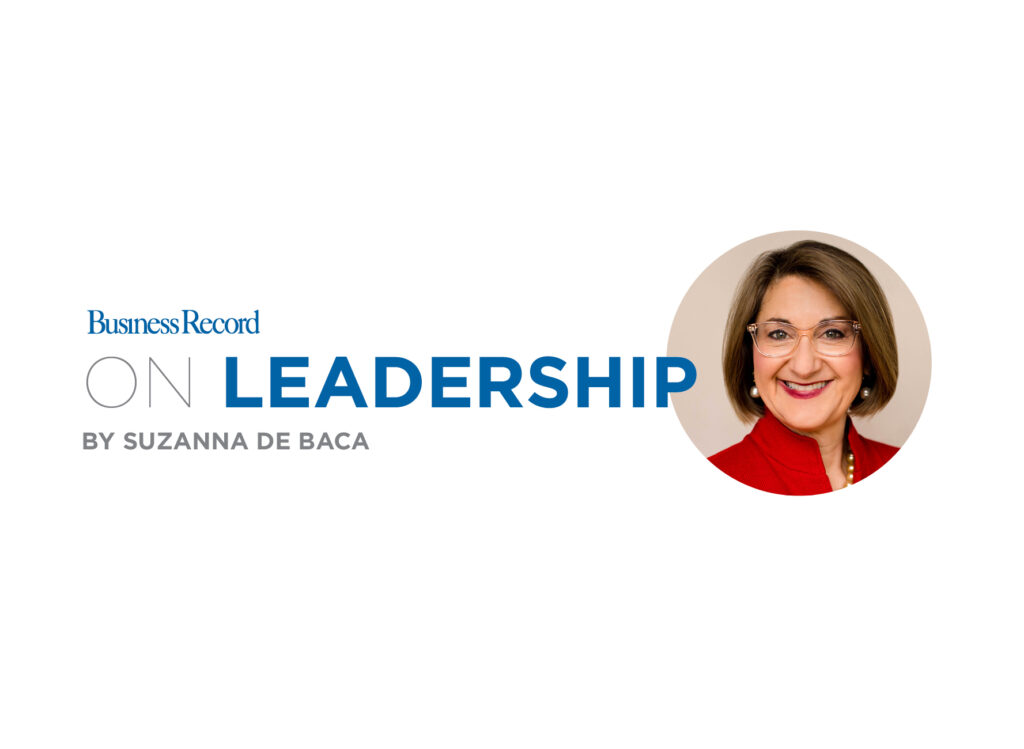TRANSITIONS: Stealth is the key to inventing a new fee

Verizon Wireless announced that it planned to charge a $2 fee for making payments one at a time online. Its customers protested, and Verizon not only backed off but now is looking for a way to work the word “sheepishness” into its mission statement. It was a classic moment, reminding us once again of a fundamental business lesson:
When you add a fee, don’t announce it.
We’ve seen this mistake a lot lately. Big banks announced that they would charge monthly fees for debit card usage. Their customers rushed out to buy quart jars, shovels and instructions for the proper way to bury cash in a back yard.
Every time an innovative fee is proudly announced, the public erupts with anger. If there’s one thing the public dislikes more than standing in a really long line just to marry Kim Kardashian, it’s paying a fee today that wasn’t in place yesterday.
But the public is nothing if not easily distracted. This is the same public that paved half of North America before realizing that there would be maintenance costs.
So it’s simple, really. Plunge ahead with your little fee, keep your corporate mouth shut, and the typical consumer won’t even notice. Consumers complain a lot about taxes, fees and the general cost of living, but most of them never know what they’re actually paying. People tend to pay more attention to the National Hockey League standings than to the details of monthly bills and statements.
Maybe a guy will glance through his credit card statements at the end of the year, but by then it’s too late to straighten anything out. “Hey,” he says. “Five hundred dollars for a giraffe saddle? I don’t even remember ordering that.”
This makes fees even more tempting, as companies and governments scramble to take in more money in 2012 just to stay alive. If the economy doesn’t start booming soon, we might have to give up on capitalism altogether. It might be time to give the barter system a second look, so start rounding up some laying hens.
There are no cuts left to make, not unless you want to end up having meetings all by yourself, which makes the gossip much less interesting. Now that CFOs are also responsible for pencil sharpening, you know the world has changed.
Why be ashamed to silently weave in money-adding fees, when money-saving ideas get camouflaged all the time? A midlevel manager does some calculating and suggests that 11 fewer flakes per box of breakfast cereal will bring another million dollars to the bottom line. The bosses order it done, assign a better parking stall to the suggester and knock off for the day. No press release involved.
We also can learn a valuable lesson from nature, which is still a good alternative when nothing turns up on Google. Nature imposes a constant stream of fees, and we pay them. When you sprinkle that ice-melting stuff on the front steps after a storm, you don’t complain about the cost, do you? Actually, now I’m wondering if the National Oceanic and Atmospheric Administration would cover that. Act fast, while there’s still a Democrat in the White House.
Anyway, start thinking about some nice new fees that will help keep creditors at bay for a while longer. Your customers want their insurance policies in English? That should be worth a five-dollar “linguistic clarity” fee. When they order parts, would they like them delivered to the exact address instead of the general vicinity? Tack on 10 bucks for “geographic specificity.”
We’ve come up with a terrific finish for this column, much better than what appears above. If you want to see it, there will be a slight surcharge.
Jim Pollock is the managing editor of the Des Moines Business Record. He can be reached by email at jimpollock@bpcdm.com







